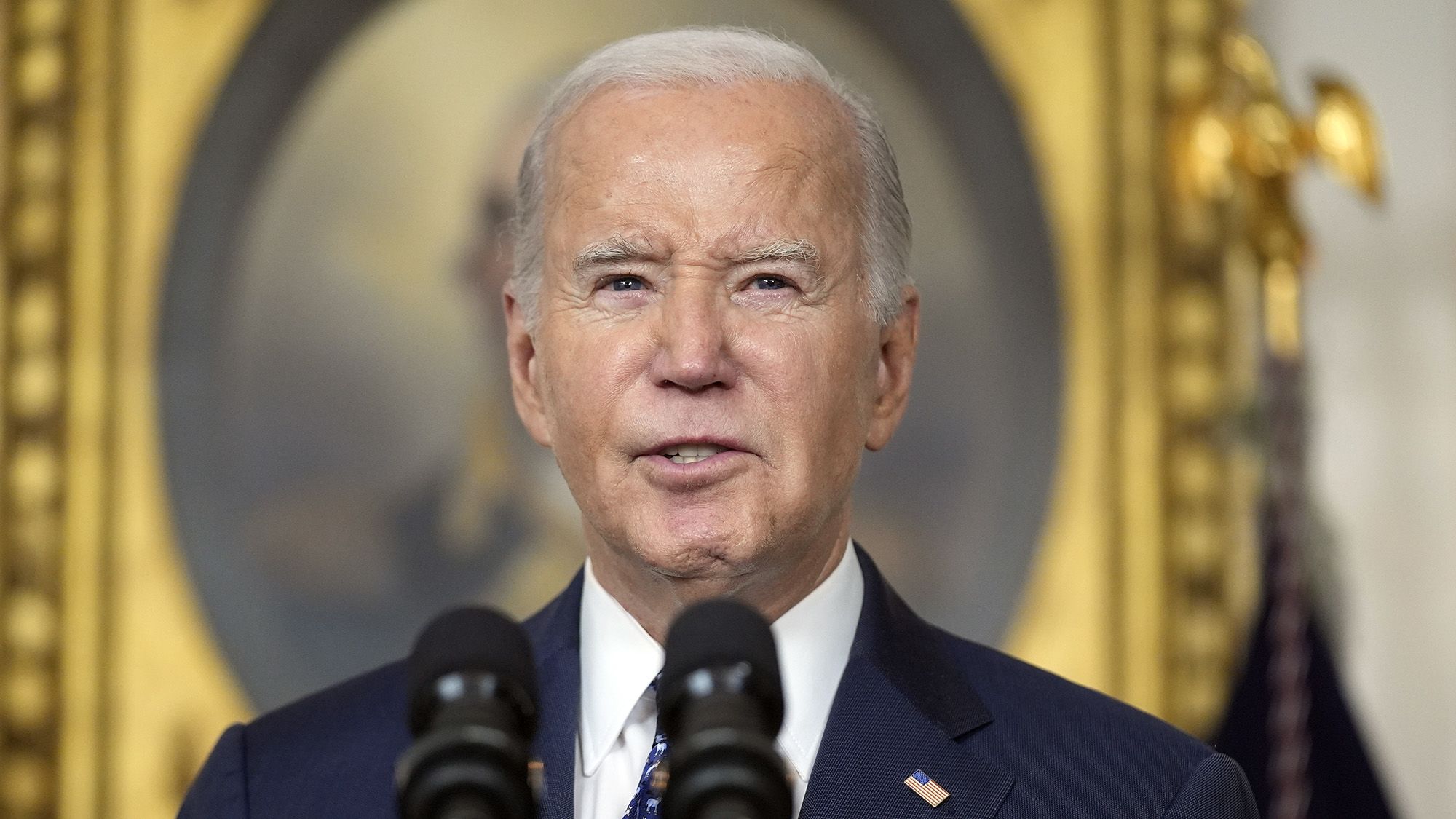Politics
Democrats Prepare for Chicago Convention Amidst Leadership Transition

With President Joe Biden stepping down from the presidential race, all eyes now focus on Chicago, where the 2024 Democratic National Convention (DNC) will take place in just under a month. Biden’s withdrawal has sent reverberations through the party, prompting both anticipation and uncertainty regarding the upcoming primaries.
During an earlier announcement, Chair of the DNC, Minyon Moore, praised the president’s unwavering commitment to the nation. She acknowledged his role in navigating the complexities of his first term, describing Biden as a dedicated public servant who has tirelessly worked to uplift the American populace.
Moore remarked on Biden’s ability to lead with “moral clarity” and a commitment to bridging political divides, stating that “his goodness transcends politics.” She emphasized his identity as a family man, highlighting his roles as a husband, father, and grandfather, who has remained steadfast in his optimism despite the challenges faced during his presidency.
Biden’s decision to step aside creates a unique scenario for the Democratic Party, as they move toward what is considered an ‘open convention.’ However, the dynamics shift significantly with Biden’s endorsement of Vice President Kamala Harris, positioning her as the frontrunner in a potentially complex primary landscape.
Harris now carries the weight of uniting the nearly 4,000 delegates representing states, territories, and the District of Columbia, not to mention the additional 700 superdelegates who play a crucial role in the nomination process.
The DNC, which runs from August 19 to 22, has designated the United Center as the primary venue for major events like speeches and official proceedings, while McCormick Place will serve as the hub for daytime activities, including meetings and party business.
In addition to the hosted events, local businesses will contribute by organizing DNC-affiliated gatherings, providing opportunities for networking and community engagement. A designated vendor and venue will help attendees find scheduled events, enhancing their experience beyond the convention’s primary locations.
Thorough security measures and road closures are anticipated as Chicago prepares for the influx of delegates and attendees. Participation is open to delegates from all 50 states, the District of Columbia, and American territories, with state parties managing the delegate selection process.
Interested supporters can explore numerous volunteer roles at the convention, which may come with access to various sections of the convention hall. In the Democratic Party, delegates play a crucial role, casting votes that contribute to the selection of the presidential nominee and assisting in establishing the party’s governing framework.
In Illinois, potential delegates must meet specific criteria, varying by delegate type. There are three categories: district-level, pledged PLEO (Party Leaders and Elected Officials), and at-large delegates. District-level delegates were elected earlier this year, while PLEO delegates underwent selection later in the spring.
At-large delegates are chosen last in the process, requiring candidates to submit statements of candidacy with a pledge of support by a predetermined deadline. There are 32 at-large delegates and an additional 12 alternates selected to represent the state.
Although Biden has endorsed Harris for the presidency, his support does not mandate a straight path to nomination. Democratic Party bylaws stipulate that Biden cannot unilaterally designate a successor; delegates will convene in Chicago to discuss and vote.
As noted by Democratic strategist Pete Giangreco, Biden’s delegates remain bound to him during the first ballot, meaning he would need to formally release them to facilitate the nomination process. “The process begins only after Biden releases his delegates, who are committed on the first ballot,” Giangreco clarified.
If no candidate garners enough support during the first round, the convention will enter a second voting phase, including superdelegates who possess greater flexibility in their candidate choices. A candidate must secure a majority vote from the delegates to become the party nominee.
The intrigue surrounding this year’s convention deepens as various potential candidates may emerge if Harris clinches the nomination. While there is significant speculation, it remains uncertain if the Democrats have already pinpointed a complementary nominee to run alongside Harris.
This includes discussions about figures such as Kentucky Governor Andy Beshear, California Governor Gavin Newsom, Illinois Governor J.B. Pritzker, Michigan Governor Gretchen Whitmer, Arizona Senator Mark Kelly, and Transportation Secretary Pete Buttigieg, all of whom have been floated as possible running mates.
With the DNC approaching, the process for identifying a vice-presidential candidate will mirror that of the presidential nomination, requiring a majority consensus among delegates. As the convention nears, the political landscape becomes increasingly dynamic, setting the stage for a compelling and unpredictable season ahead.












